Sale!
Philodendron Maximum (small plant pot)
Original price was: ₹166.₹69Current price is: ₹69.
Out of stock
Email when stock available
Description
In India, we can sell this Philodendron Maximum (small plant pot) via online delivery systems to any states including Andhra Pradesh, Arunachal Pradesh, Assam, Bihar, Chhattisgarh, Goa, Gujarat, Haryana, Himachal Pradesh, Jammu & Kashmir, Jharkhand, Karnataka, Kerala, Madhya Pradesh, Maharashtra, Manipur, Meghalaya, Mizoram, Nagaland, Odisha (Orissa), Punjab, Rajasthan, Sikkim, Tamil Nadu, Telangana, Tripura, Uttar Pradesh, Uttarakhand, and West Bengal
Only logged in customers who have purchased this product may leave a review.

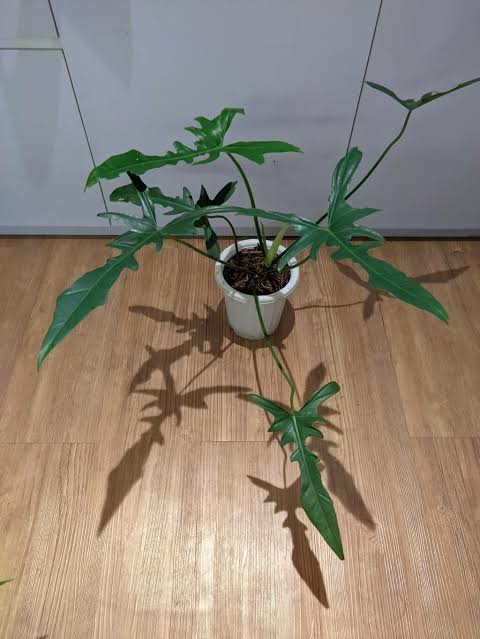
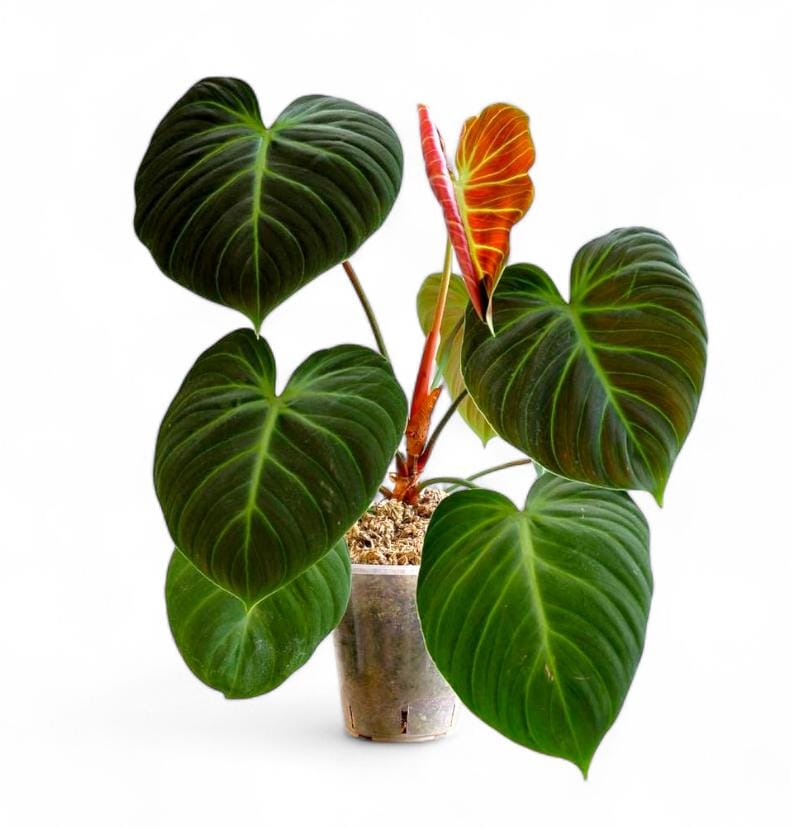
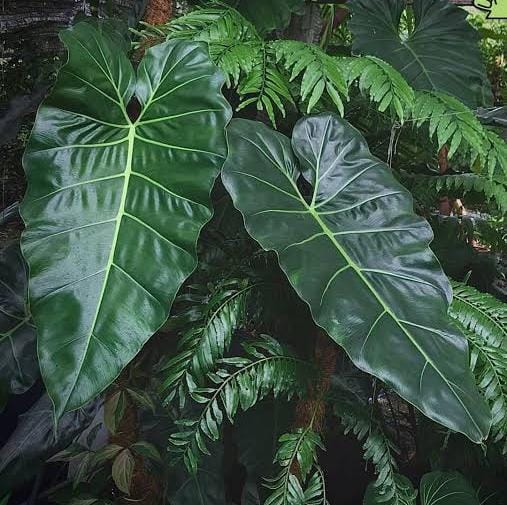
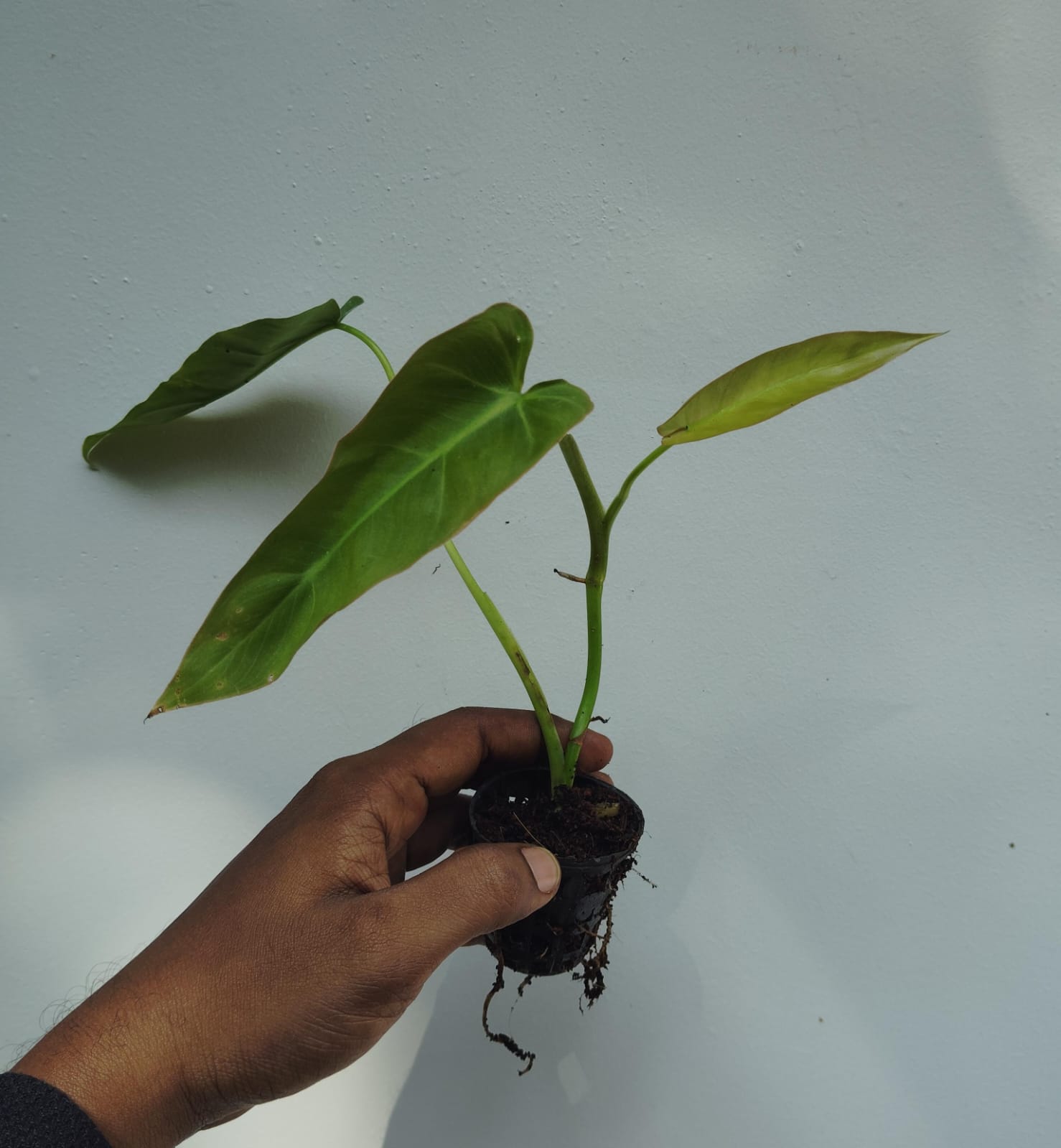
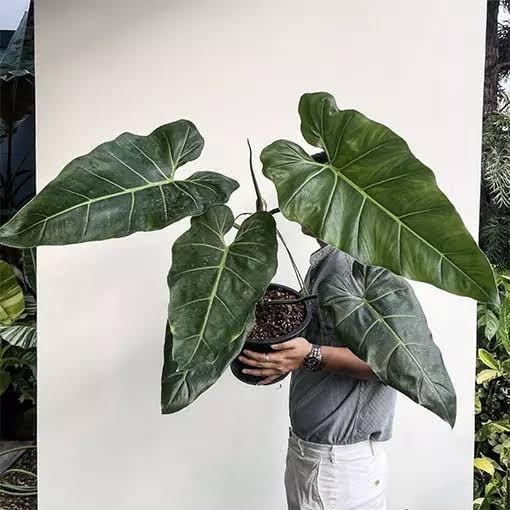
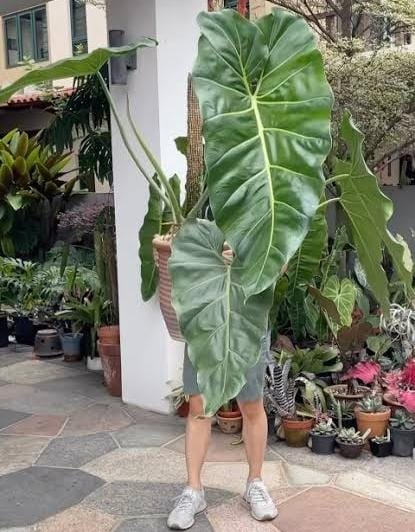
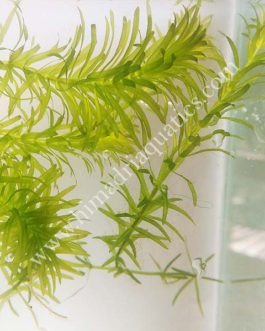
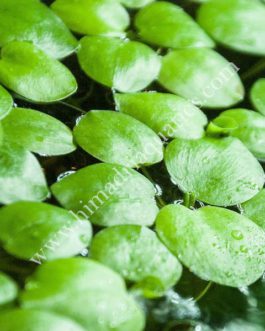
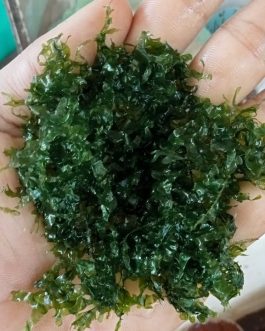
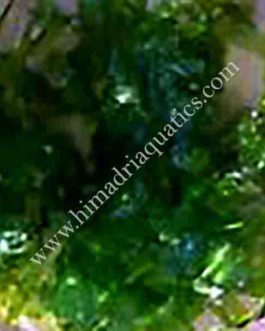
Reviews
There are no reviews yet.